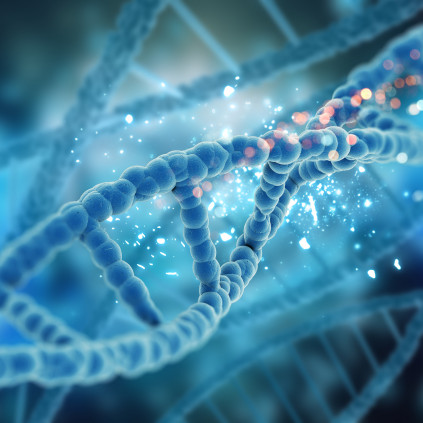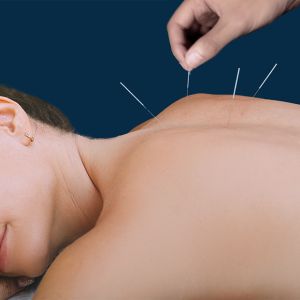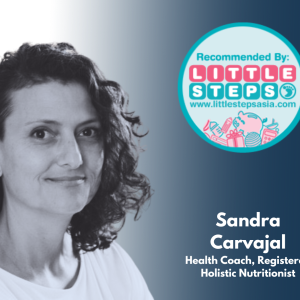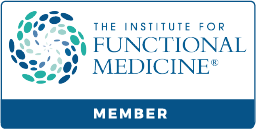GENETIC & METABOLIC TESTS

GMDAI™ Genetic & Metabolic tests:
GMDAI is short for Genetic and Metabolic Data Associated Intervention. With this method, DNA and metabolic test results are combined to create a customised supplement plan unique to each patient.
- Methylation: this test provides a holistic evaluation of your methylation cycle status and offers a personalized supplementation plan to optimize your methylation
- Cardiyon: this test shows if there is any potential risk of developing atherosclesrosis and cardiomyopathy, or its progression. A personalized supplementation plan is provided to regulate and reduce CVD risks
-
BioeAge: this dried blood test analises your age related biomarkers, determining your biological age, and generates a personalised supplement solution to slow down aging
Hormones tests:
Hormones are powerful messengers. For some, a small excess or deficiency of a certain hormone can have a significant impact on their body and result in conditions that need medical attention. Some hormonal imbalances are others while others can be temporary.
- AntiStrea: a non-invasive saliva test that detects the daily circadian secretions of bioactive stress hormones – cortisol and DHEA, for assessing the current and accumulated physiological stress status
-
ThyroGen: this genetic test provides reliable guidance for patients suffering from hypothyroidism
BOOK AN APPOINTMENT













